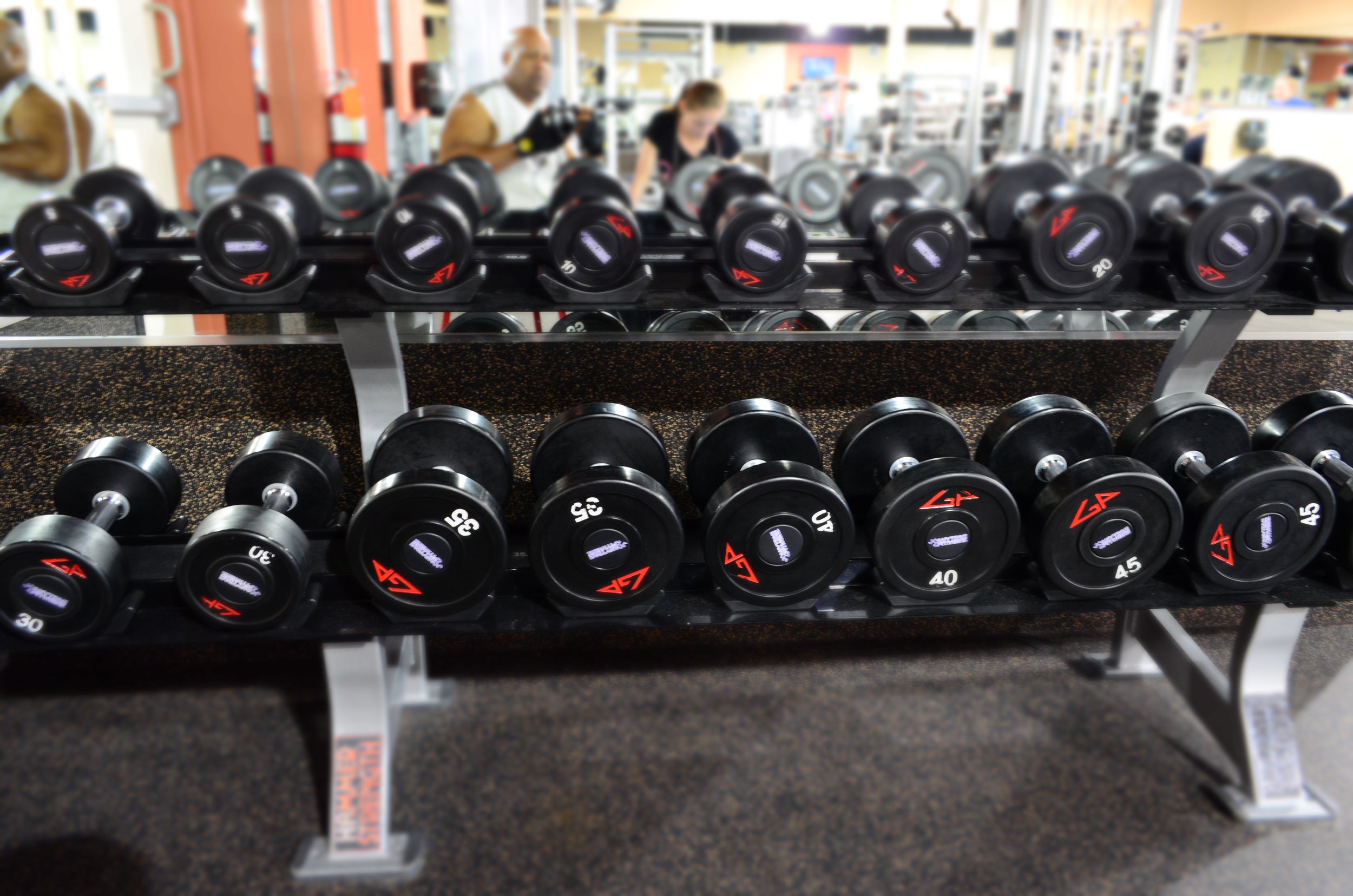

The Colorado Experiment
The Colorado Experiment was not conducted in a truly scientific way, but was more of a marketing push very similiar to today’s common “get ripped quick with little effort” schemes. The results published results were astonishingly, impossibly good in terms of muscle building and body composition, but there isn’t a way to prove if the parameters of the experiment were truly followed and people have never been able to replicate the results since.

What Is Overtraining?
The fear of overtraining comes from outdated/under-researched ideas of the limit of how much volume humans can lift. Average (or above average) exercisers generally do not have to worry about overtraining. Pushing too hard, too fast can lead to injury, but intentional, slow development from a well designed workout plan allows for people to safely train hard.

Rest Periods Revisited
This post continues on from an older post about rest periods, and clarifies some of the potential nuances involved. In particular, while longer rest periods may be better, this needs to be considered in the context of a lot of other variables, and being proactive about managing your workouts based on total volume of training (rather than individual variables like rest periods) may be more meaningful overall. This also helps to explain why some lifters can get away with not following strict programming, training by feel, while still seeing great results.

Should You Train To Failure?
Training to failure is sometimes heralded as a secret technique for gaining mass and strength, and sometimes demonized as being uniquely likely to cause injury. Here’s what the science says, and how you can effectively implement training to failure in your own training.
